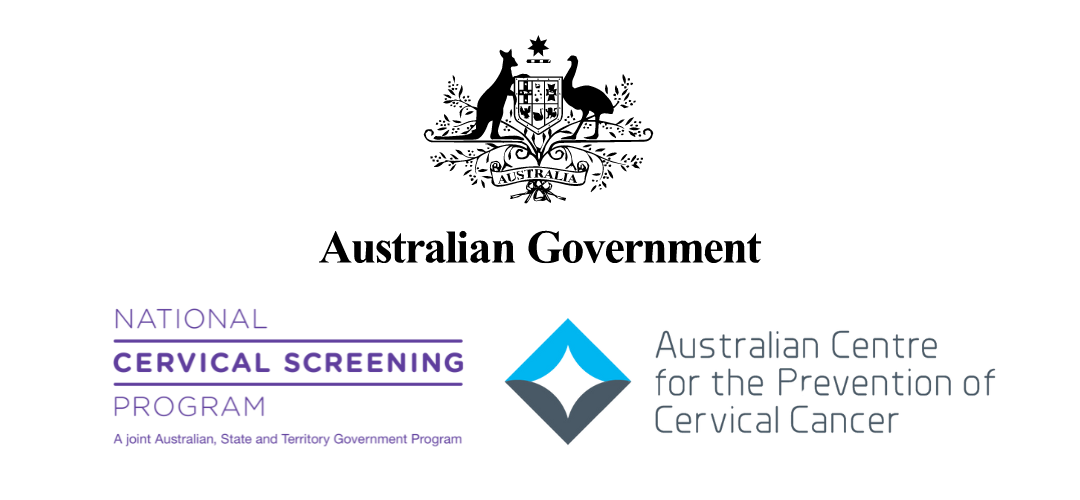Highlight news

More than 70% of cervical cancer cases in Australia occur in people who have never been screened or are overdue. People in rural and remote areas, Aboriginal and Torres Strait Islander people and those from culturally and linguistically diverse backgrounds are among those who are less likely to participate in screening, placing them at an increased risk of developing cervical cancer.
As a healthcare professional, you play a key role in reducing disparities in cervical cancer. Offering the choice of self-collection can make a world of difference to those who are reluctant to screen. This study among women who had originally refused a speculum exam found that 85.7% of participants then agreed to screen by self-collection.
Furthermore, self-collection is safe and reliable--self-collected samples are just as sensitive as clinician-collected samples for the detection of CIN2+, adenocarcinoma in situ, and oncogenic HPV. In the case that an abnormality is detected, the vast majority of patients return for follow-up.
In September 2024, a national cervical screening campaign with a focus on HPV self-collection will commence.
The Australian Government Department of Health and Aged Care has funded ACPCC to undertake a healthcare provider education campaign in anticipation of the patient-facing campaign.
It is expected patients will present to general practices requesting self-collection, or more information about the Cervical Screening Test. Make sure you are ready by:
Contacting your laboratory to ensure you have the correct equipment and handling instructions for self-collected samples.
- Attending an ACCRM-accredited webinar providing practical information to support the choice of self-collection in your practice. Register today!
- Visiting our website where you will find ACRRM accredited eLearning modules, provider clinical resources, and patient resources (including those for Aboriginal and Torres Strait Islander patients).
All news

More than 70% of cervical cancer cases in Australia occur in people who have never been screened or are overdue. People in rural and remote areas, Aboriginal and Torres Strait Islander people and those from culturally and linguistically diverse backgrounds are among those who are less likely to participate in screening, placing them at an increased risk of developing cervical cancer.
As a healthcare professional, you play a key role in reducing disparities in cervical cancer. Offering the choice of self-collection can make a world of difference to those who are reluctant to screen. This study among women who had originally refused a speculum exam found that 85.7% of participants then agreed to screen by self-collection.
Furthermore, self-collection is safe and reliable--self-collected samples are just as sensitive as clinician-collected samples for the detection of CIN2+, adenocarcinoma in situ, and oncogenic HPV. In the case that an abnormality is detected, the vast majority of patients return for follow-up.
In September 2024, a national cervical screening campaign with a focus on HPV self-collection will commence.
The Australian Government Department of Health and Aged Care has funded ACPCC to undertake a healthcare provider education campaign in anticipation of the patient-facing campaign.
It is expected patients will present to general practices requesting self-collection, or more information about the Cervical Screening Test. Make sure you are ready by:
Contacting your laboratory to ensure you have the correct equipment and handling instructions for self-collected samples.
- Attending an ACCRM-accredited webinar providing practical information to support the choice of self-collection in your practice. Register today!
- Visiting our website where you will find ACRRM accredited eLearning modules, provider clinical resources, and patient resources (including those for Aboriginal and Torres Strait Islander patients).

